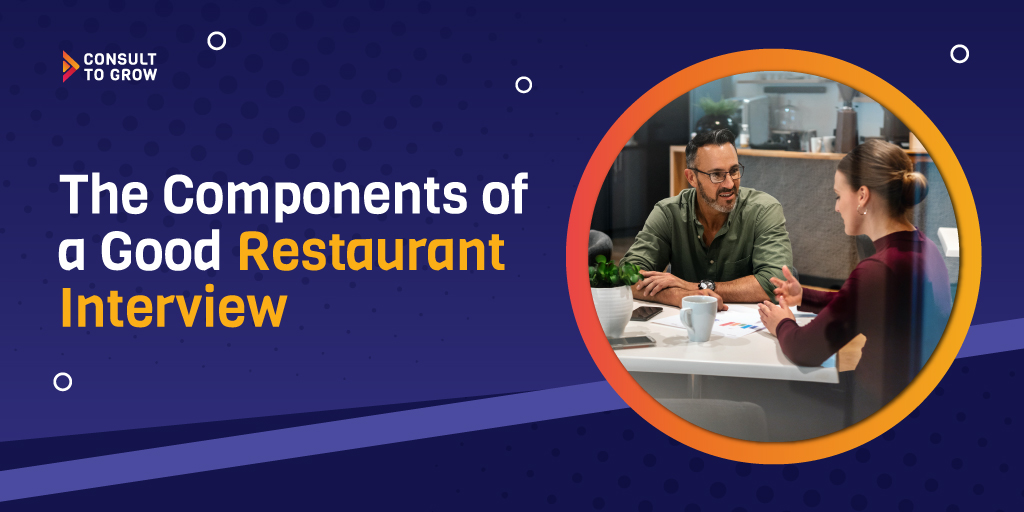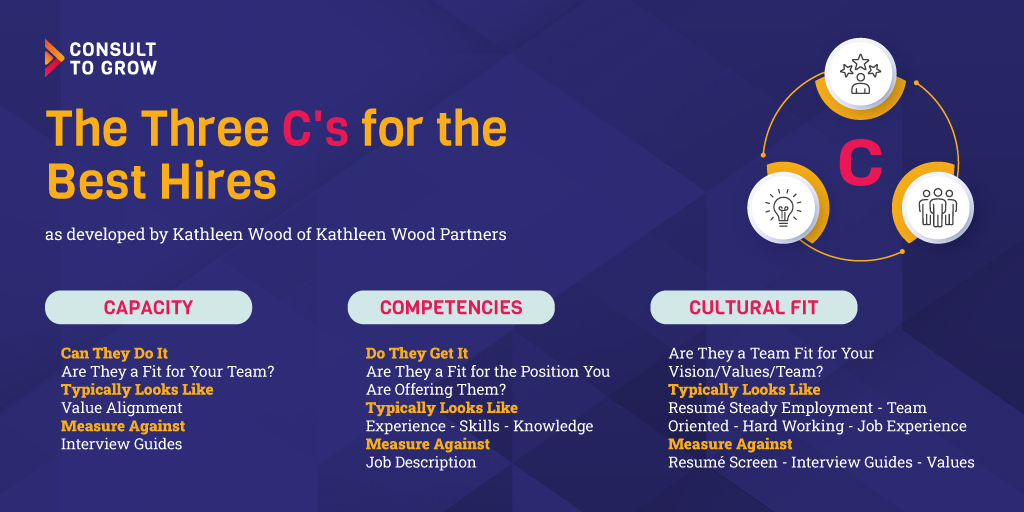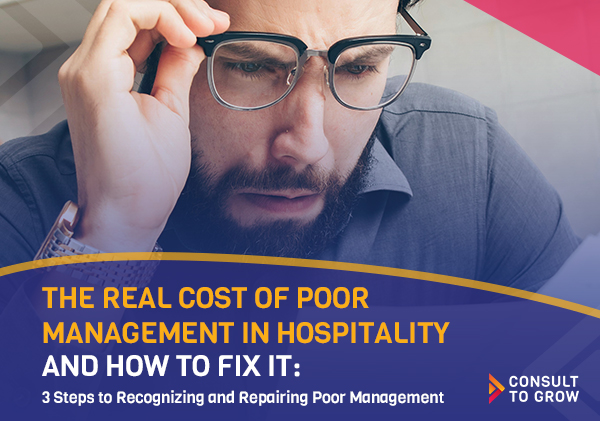
Defining Yourself As a Leader
Becoming a leader requires a change in perspective that comes about through personal reflection. As a new-in-position leader, who do you want to be? Who
A good restaurant interview begins with setting the proper goals. Interviewers need to have a clear vision for what they want to achieve before sitting down with a candidate. More specifically, a good interview should focus on evaluating the candidate’s qualifications, experience, and fit for the restaurant’s culture. Those categories are broad, so let’s take a moment to break them down and explore their components.

To assess capacity, or candidate qualifications, the interviewer should ask questions about their education, work experience, certifications, and specific skills related to the job. More specifically, restaurant jobs often require excellent customer service skills. The interviewer should ask questions to evaluate the candidate’s ability to handle customer requests, complaints, and concerns in a professional and efficient manner.
Restaurant jobs are also often fast-paced; they require quick thinking. In a good interview, the candidate should be asked situational questions to evaluate their ability to think on their feet and solve problems in a timely and effective manner. Because any restaurant job has a large team component, the interviewer should also evaluate the candidate’s ability to work collaboratively with others and communicate effectively with co-workers.
The interviewer should ask about the candidate’s relevant experience in the restaurant industry to get a sense of their competency. This can include questions about previous roles, duties, and responsibilities, as well as any notable achievements or accomplishments.
This breaks down into three sub-categories:

There are several legal pitfalls to be aware of when conducting interviews. Some of them will seem obvious and familiar, however it is still important to do your due diligence when it comes to educating yourself or training others to become interviewers. How familiar are you with each of the below?
To avoid these legal pitfalls, it is important to prepare a list of job-related questions and avoid asking questions that are not relevant to the job. It is also important to document the interview process and to train interviewers on legal requirements and best practices.
Conducting interviews requires a combination of communication skills, critical thinking, and knowledge of the subject matter being discussed. To prepare for conducting interviews, here are some types of training that can be helpful:
Consult to Grow® provides various tools and services to help you develop people strategies to grow your team. We can expertly assess your HR infrastructure, develop custom Employer of Choice strategies, facilitate leadership meetings and retreats, help you design bonus and incentive programs, and design managing partner programs. Ready to get started?

Becoming a leader requires a change in perspective that comes about through personal reflection. As a new-in-position leader, who do you want to be? Who

Growing Your Emotional Intelligence as a Leader Means Enhancing Mental Health for You and Your Team Running a business isn’t only about operations—it’s about managing

3 Steps to Recognizing and Repairing Poor Management Hospitality isn’t just about serving food, making drinks, or booking rooms—it’s about people. And when management fails